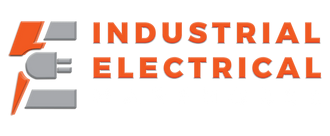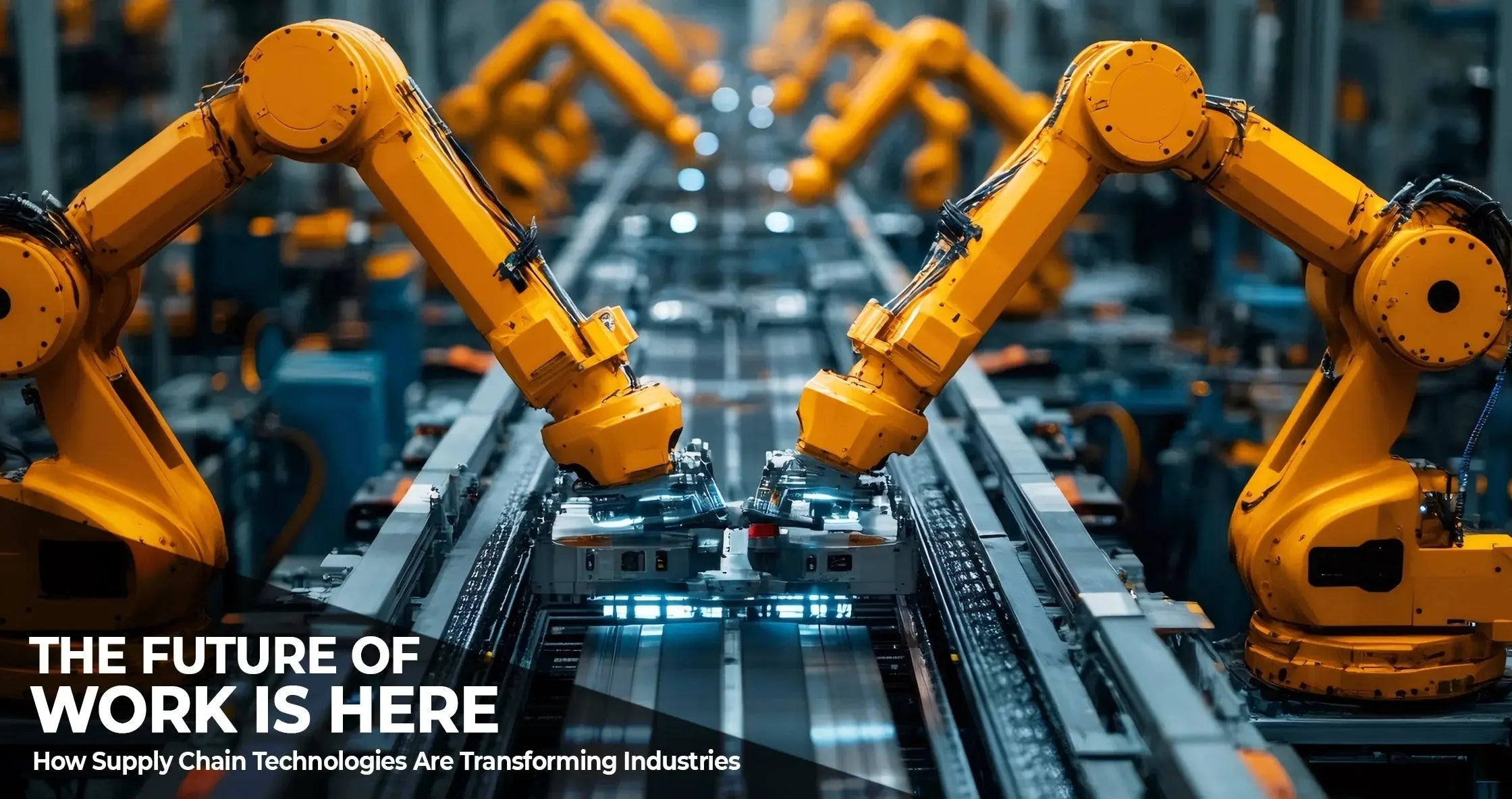Supply chain technologies are playing a pivotal role in reshaping the future of work by enhancing efficiency and reducing manual effort. As industries embrace automation and artificial intelligence, they unlock new levels of productivity that were previously unimaginable.
Understanding Supply Chain Technologies
The evolution of supply chain technologies has been remarkable over the past decade. These innovations have transformed traditional processes into streamlined operations capable of handling complex demands efficiently.
What Are Supply Chain Technologies?
Supply chain technologies refer to advanced tools such as artificial intelligence in supply chain management, IoT devices, and specialized software solutions designed to optimize logistics. They help businesses manage inventory, track shipments, and predict market trends with greater precision.
Key Players in the Industry
Top supply chain technology companies like SAP, Oracle, and IBM lead the charge in developing cutting-edge solutions for global enterprises. Their contributions ensure that supply chains remain agile and responsive to changing conditions.
The Role of Artificial Intelligence in Supply Chain
Artificial intelligence (AI) is revolutionizing supply chain management by automating repetitive tasks and providing actionable insights based on data analysis. This innovation allows businesses to make smarter decisions faster than ever before.
Predictive Analytics Through AI
AI-powered predictive analytics enable companies to anticipate customer needs and adjust their strategies accordingly. For example, Amazon uses AI algorithms to forecast demand patterns accurately, ensuring timely delivery without excess inventory.
Automation of Routine Tasks
By leveraging AI, organizations can automate mundane activities such as order processing and stock replenishment. This frees up human resources to focus on more strategic initiatives, thereby boosting overall productivity.
IoT's Impact on Modern Supply Chains
The Internet of Things (IoT) enhances connectivity within supply chains, enabling real-time tracking and monitoring of goods throughout their journey. This increased visibility improves decision-making capabilities significantly.
Real-Time Tracking Solutions
With IoT sensors embedded in packaging or transportation vehicles, companies gain access to live updates about product locations and statuses. Such transparency ensures timely interventions if issues arise during transit.
Enhancing Efficiency via Connectivity
IOT facilitates seamless communication between different parts of the supply chain network, from warehouses to retail outlets. By fostering collaboration across departments, it reduces delays and enhances operational efficiency.
Benefits of Supply Chain Software Solutions
Adopting comprehensive supply chain software solutions empowers businesses to achieve unprecedented levels of control over their operations while minimizing costs associated with inefficiencies.
- Improved inventory management through accurate forecasting
- Optimized routing for faster deliveries
- Centralized dashboards for enhanced oversight
Simplified Data Management
These platforms consolidate disparate datasets into unified formats, making it easier for stakeholders to interpret information and act upon it swiftly.
Challenges and Opportunities in Implementing New Technologies
While integrating advanced supply chain technologies offers numerous advantages, challenges related to adoption must also be addressed. Organizations need to invest in training programs and infrastructure upgrades to fully realize the benefits.
Training Employees Effectively
Proper education ensures that staff members understand how to utilize new systems effectively, reducing resistance to change and maximizing ROI.
Investment in Infrastructure
Upgrading existing facilities may require significant capital expenditure but will ultimately result in long-term savings due to improved efficiencies.
Conclusion
In conclusion, supply chain technologies continue to redefine the landscape of modern workplaces by increasing productivity and enabling innovative approaches to problem-solving. Companies that embrace these advancements position themselves at the forefront of industry transformation. By adopting AI, IoT, and robust software solutions, businesses can create more efficient workflows, reduce costs, and enhance customer satisfaction.
Frequently Asked Questions (FAQ)
Here are some common questions regarding supply chain technologies:
1. What Is the Future of AI in Supply Chain?
The future of AI in supply chains looks promising as advancements allow for even deeper integration into daily operations. Expect further developments in machine learning models that improve accuracy and speed.
2. How Can Businesses Choose the Right Supply Chain Technology?
To select appropriate technologies, consider specific business needs, scalability requirements, and compatibility with current systems. Consulting experts in the field can provide valuable guidance tailored to your situation.
3. Which Top Supply Chain Technology Companies Should I Know About?
Some leading names include SAP Ariba, Oracle Logistics Cloud Service, and IBM Sterling Supply Chain Suite. Each offers unique features catering to diverse industrial applications.


